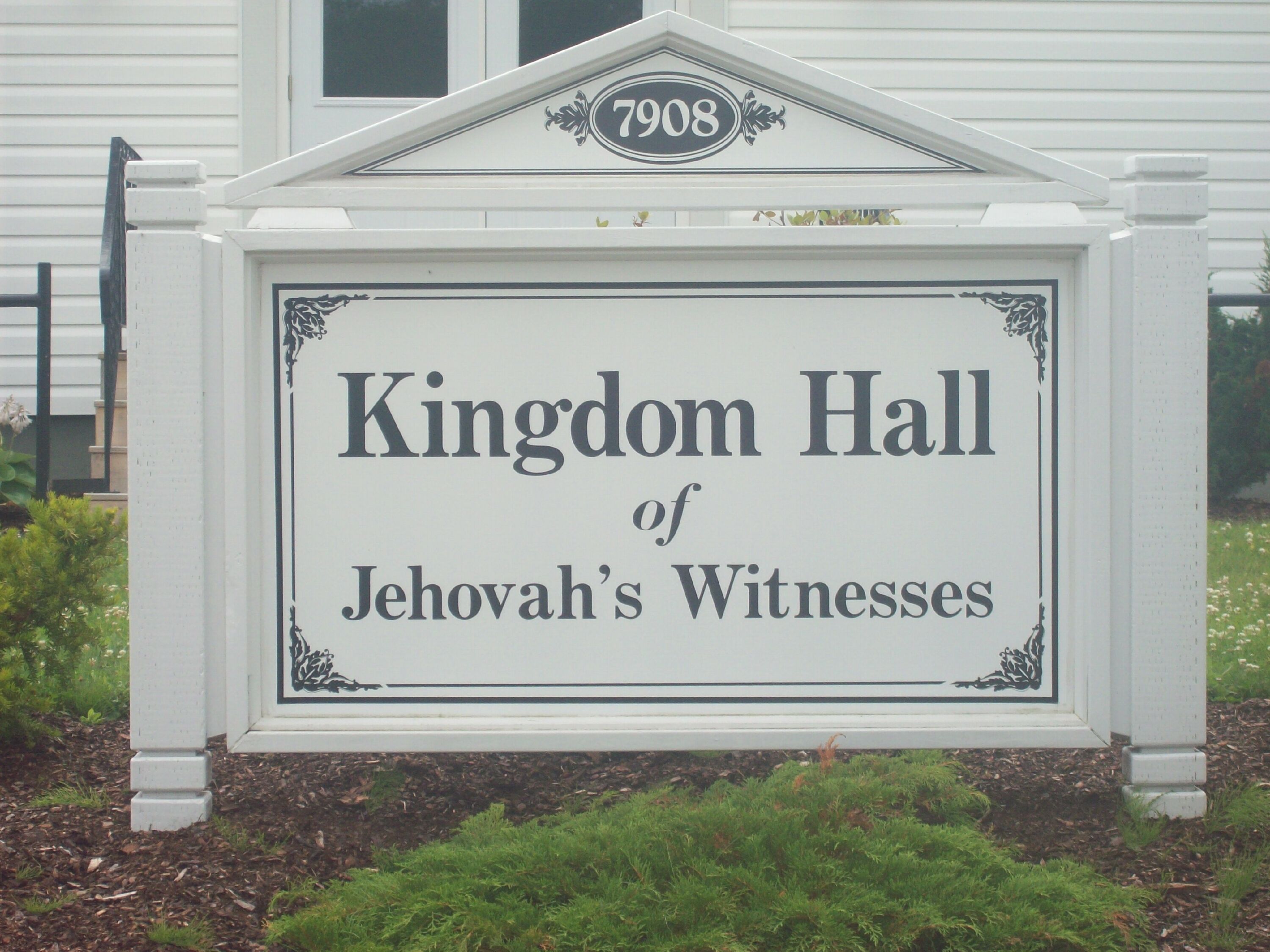LN Feature: Confusing the roles of Church and State
Warning: Undefined array key "img_size" in /home/arpa/arpacanada.ca/wp-content/themes/arpa/functions/VC_translate.php on line 141


ARPA is looking at filing for intervenor status in this case and lawyer John Sikkema is busy this week studying what it would take to file that application.
LN: So give me some background on this case. I mean, there’s really a battle going on here between the authority of the State and ecclesiastical authority of a church. But let’s start at the beginning. How did this all get going?
JS: Sure. So a man named Mr. Wall is disciplined by his Jehovah’s Witness congregation for being unrepentantly drunk – or in their view not sufficiently repentant for a couple of instances of drunkenness. So as a result, the church “dis-fellowships” him – that’s the term that the Jehovah’s Witnesses use for essentially excommunicating. And Mr. Wall is a real estate agent. So Mr. Wall has something like half his business from fellow Jehovah’s Witnesses, but they refuse do to business with him now because he is being dis-fellowshipped and “shunned” according to their practice. So he loses some of his business and, since he’s got a financial interest here, he takes the Jehovah’s Witness congregation to court and challenges their decision to dis-fellowship him.
LN: So I guess initially I would ask “What’s the fundamental difference here between the ‘dis-fellowshipping’ and the ‘shunning’ that the JW’s practice, and what’s sort of been historically considered ‘church discipline’ in the more mainstream Protestant and Reformed way of thinking?”
JS: Yeah, I think that difference does play into how the case plays out. I mean people can look at something like church discipline and see it as something controlling or even creepy, and I think some of those misconceptions about church discipline do come from people doing it wrong as, you know, Christians often do things wrong and not in accordance with how the Bible teaches. And here I think the Jehovah’s Witness practice of “shunning” – that you don’t do business with the person, you don’t eat with them, you don’t do other things and that could even be between members of the same family; there’s a certain amount of social shunning that occurs when a person is dis-fellowshipped – that that seems to be a confusion of the purpose of discipline. So if you look at “what’s the end and the means of discipline”, I think in our teaching the point isn’t to shun the individual.
You know, it’s Matthew who records for us “treat the person like an unbeliever or a tax collector.” This is Matthew, the former tax collector. And so what does that mean, to treat the unrepentant sinner who’s being disciplined as a “tax collector?” Does it not mean to lovingly pursue that person with the aim of restoring them, and to show them love? That may mean that they’re not allowed to do certain things in the church, but (should) the way that you relate to them (actually be) “I’m not allowed to talk to you help you, or do business with you, or any of those things anymore. That’s my way of loving you as an unbeliever.” I don’t think that fits. So that I think would be the difference.
And I think factually, that plays into how sympathetic the court is to Mr. Wall. They are sympathetic towards him and they see him as losing business – and he has a financial interest – and based on that sympathy sometimes you can get around what the law actually says, when you’re motivated in that way.
LN: So what’s really at stake here? I mean as Reformed thinkers, we talk a lot about “sphere sovereignty” and that’s kind of ethereal to a lot of folks, but there’s the authority of the sphere of the Church, there’s the authority of the sphere of the State. In this case, there appears to be – according to the lower court rulings – some overlap, and the question becomes who has precedence.
JS: Yeah, I think, if I could try to put it in one sentence, it’s “Can a matter of church discipline be appealed from the Church to the State?” So there may be legitimate areas of – you could say – overlap or interaction between the spheres; between Church and State. But here, it’s kind of like the State becomes a Synod or a higher level of appeal of a church discipline decision. So that’s what’s going on here. Mr. Wall is asking the court to say “Can you decide that the congregation improperly dis-fellowshipped me?” That raises questions of church practice, it raises questions of church doctrine, it raises questions of judging him to be sufficiently repentant or not. Things that the courts aren’t equipped to do.
So this case actually didn’t get into that yet. It didn’t get into “was he properly dis-fellowshipped? Was the procedure fair? Have his civil rights – his property rights, his contract rights, anything like that – been violated?” They just started with the question “Do we even have jurisdiction here? Do we – the judges – have authority even to look into this case, or should we reject it out of hand?” And so this is kind of the preliminary question before getting into the rest of the facts of the case. And both the lower court and the Court of Appeal (have decided) “Yes, we have authority to review the decision of the Jehovah Witnesses congregation.” And that’s the problem; they’re claiming the authority to do that.
LN: And that’s what’s going to the Supreme Court. The Supreme Court has agreed to hear that. Now moving forward, ARPA’s considering applying for intervenor status on that, and considering putting together some kind of a coalition of churches in the same way that we did a coalition of independent schools and Christian schools in the Loyola case, correct? What might that look like and how long’s it going to take before we determine whether or not we’re going to do that?
JS: Well, it will need to be determined soon, because the Court has given leave to appeal on this case and arguments are starting to be filed now. So we’ll need to move fairly quickly on that. But one of the reasons we want to get involved is to bring the Reformed perspective on church discipline to the public and to the courts; and to remind the court of the historical developments in the relationship between church and state, and of the importance of church independence and the limit of state authority over the church, historically. That’s something that’s just fundamental to the development of democracy and the rule of law. And we do also want to maybe highlight some differences between Reformed practice and Jehovah’s Witness practice.
We can definitely count on the Jehovah Witness congregation and their lawyers to argue that freedom of association and freedom of religion gives them the authority to make these kinds of decisions. So we would want to reinforce that, but obviously not just repeat what the Jehovah Witnesses’ lawyers are going to be saying about their Constitutional freedom to do that. We’d want to put things in a broader legal/historical context, with a Reformed perspective to really impress on the Court how important this is.